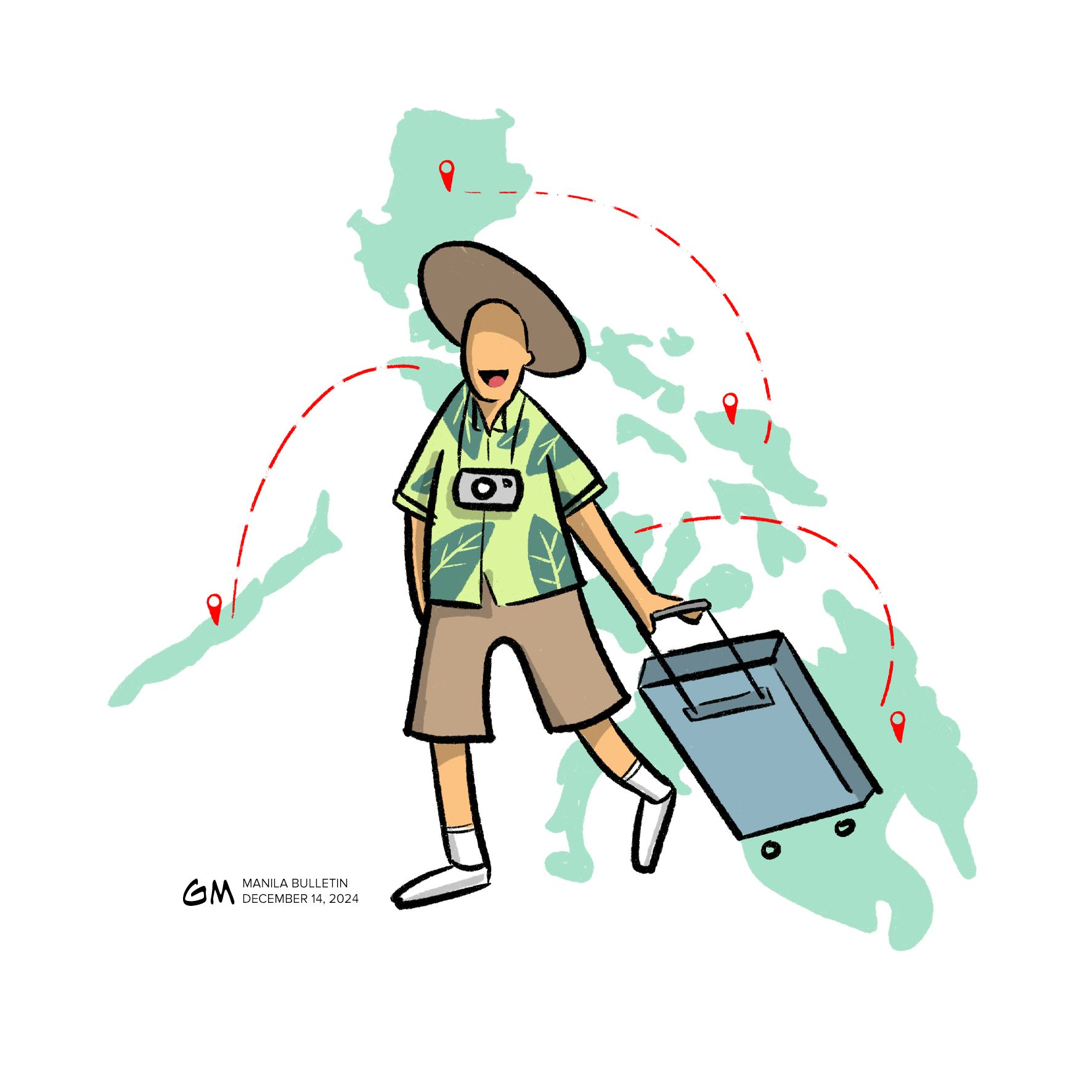
The President’s recent signing of Republic Act No. 12079, or the Value-Added Tax (VAT) Refund for Non-Resident Tourists again highlights the government’s support for the tourism industry. Under the newly signed law, tourists can claim a refund on the value-added tax for goods personally purchased at accredited retail outlets within 60 days, provided they meet a minimum transaction requirement of ₱3,000.
Shopping is not only a minor activity among tourists who start off with charming souvenirs, to well-designed functional products, and then to purchasing gifts for family and friends back home. All that shopping has added to the value of tourism, boosting micro, small, and medium enterprises (MSMEs), and generating millions of jobs.
In 2023, inbound tourism expenditure reached ₱137.4 billion, with shopping as a major component of visitor spending, according to the Department of Tourism. The Value-Added Tax (VAT) Refund law is expected to boost tourist spending by an estimated 30 percent. By offering VAT refunds on purchases, the government is not only incentivizing higher tourist expenditure but also enhancing the overall travel experience.
Following the signing of the law, President Marcos approved the recommendations of the Private Sector Advisory Council (PSAC), calling these “significant initiatives” to attract more tourists. These initiatives involve the launching of a national shopping festival, the easing of visa processes, and streamlining of immigration systems.
The President’s endorsement of simplified visa procedures for holders of AJACS (American, Japanese, Australian, Canadian, Schengen) and AJACSSUK (including Singapore and UK) visas is a significant step toward reducing barriers for international visitors. By aligning with global standards, the Philippines aims to position itself as a more accessible and attractive destination. While security concerns are rightly emphasized, the implementation of this policy could substantially increase tourist arrivals from these key markets.
The nationwide “Shopping Festival Philippines,” set to coincide with New Year’s celebrations, is poised to become a flagship event for the country. As President Marcos noted, this initiative represents a “quick win” for the tourism sector. By aligning with global shopping events and offering competitive retail promotions, the festival aims to encourage spending among international visitors. This initiative will directly benefit large-scale industries and MSMEs, creating a ripple effect across various sectors of the economy.
To ensure seamless travel experiences, the President also ordered a thorough review of PSAC’s recommendation to enhance the immigration experience by introducing a digital identification system utilizing biometric data, such as facial recognition or fingerprint. This is a forward-looking initiative that will support efficiency while enhancing the tourist’s first impression of the country.
By leveraging facial recognition and fingerprint technology, the Philippines can expedite immigration processes while maintaining stringent security standards. This modernization not only aligns with global best practices but also reinforces the country’s image as a tech-savvy and tourist-friendly destination.
The government’s proactive measures, coupled with private sector collaboration through the PSAC, demonstrate a clear vision for sustainable and inclusive growth. These initiatives reflect an understanding of global trends and a commitment to positioning the Philippines as a competitive destination in the region.
As these strategies take effect, the Philippines is set to unlock the full potential of its tourism industry. With its natural beauty, diverse culture, and strategic reforms, the country is well on its way to reclaiming its status as a premier travel destination.
The key now lies in consistent implementation, fostering partnerships, and ensuring that the benefits of tourism are felt by all Filipinos.